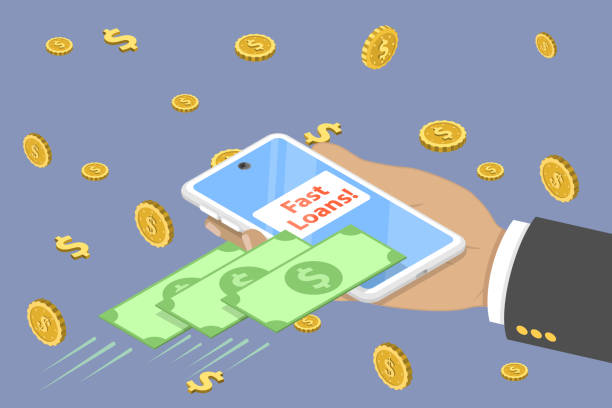Credit was given for the first time in 4,000 B.C. when the Sumerian people started building the world’s earliest cities.
In the Sumerian town of Uruk, loans with interest were made, and early versions were exchanged. Different methods of lending have evolved over the centuries, but the fundamental principle remains the same. People want to buy things that they cannot afford all at once. Credit makes it possible.
By the fourth quarter of 2022, A.D. American households will collectively owe 16,9 trillion dollars. Although we use credit differently than the Sumerians, borrowing is still a significant part of today’s economy. It raises important questions, such as: Why is credit so important? Moreover, how can one get it when they need it most? Find out.
- Why is credit essential?
- Why do I need credit?
- Why is good credit essential?
- What are the risks of credit?
- Hear from an expert.
Why is credit essential?
The economy grows when consumers and companies can borrow money. Credit gives companies the tools they need to make the products they purchase. If a business could not borrow, it might not be able to pay for the raw materials and machines needed to produce products or to pay its employees.
Credit allows consumers to buy things they want. Most people need help to buy many items at once, including cars and houses. Credit allows you to spread the cost of essential services and products over time.
Why do I need credit?
You may wonder why you, as an individual, need credit, even though credit is a vital part of a healthy economy.
Katie Ross, Education, and Development Manager for American Consumer Credit Counseling, says that loans are essential to many people’s lives.
Ross says that loans can help people build wealth by allowing them to pay for college, boost their earning power, purchase a house, and take advantage of rising property values or start a small business.
Benjamin Jacobs is a certified financial advisor at Elwood & Goetz, based in Athens. He says having access to credit in an emergency can be very helpful.
He says that borrowing money can be life-saving if you have unforeseen expenses or need something you cannot afford.
Consumer credit reporting is a significant factor in obtaining credit today. Creditors often report information about your borrowing behavior to credit reporting agencies such as Equifax, Experian, and TransUnion. Credit reports are created by aggregating data on your financial behavior, such as late payments or failure to pay. These scores are then evaluated. Lenders use these reports and scores to determine whether they should lend you money.
You may be interested in a credit-builder account.
Why is credit worth it?
Why is it essential to have a credit report and a credit score?
Your score will affect your future ability to obtain credit.
If you have a good credit score, getting a loan or credit will be easier. You may have a bad loan with high-interest rates and unfavorable terms and conditions.
What if you want to avoid borrowing money and are committed to paying in cash for your home, car, and other large purchases? Good credit is still necessary in these situations, as credit scores are used in many ways in the U.S.
When deciding whether or not to rent to a tenant, landlords will check their credit. Credit scores and reports will be checked when you apply for a cell phone contract.
When determining the rates you will pay, your auto insurance company may also consider your credit score. Your credit score can also affect your job prospects.
Ross says that employers may request a modified report of your credit history from credit bureaus, depending on where you live. You could be rejected because of negative marks on your credit report.
What are the risks associated with credit?
You now know why credit is essential. Credit can be used to build wealth, participate in the economic system and even help you achieve financial stability. However, that only makes it sometimes a good thing. Like most tools, credit can be misused.
Credit scores are used as a measure of your reliability. If you have a good credit score or a history of consistent borrowing, people and businesses will be willing to do business. A large deposit may be required to sign a contract for a cell phone, or you may find that a landlord will only rent to you with one.
Borrowing costs money – in fees and interest —, and you may borrow more than your budget allows.
Jacobs warns that if a consumer needs to learn how to manage the credit available, he could end up paying high-interest rates, fines, and penalties. This could spiral out of control, and I have seen consumers filing for bankruptcy due to the spiral.
Ross advises limiting your borrowing and only taking out loans if you can repay them. She also says it is essential to differentiate between “bad” debt – debt taken out to purchase things simply because you want them – and “good” loans, like a mortgage or student loan, which can help you build wealth over time.
Bottom Line
It can be hard to survive without credit in the U.S. because it is a credit-based economy. You may only be able to buy a house or pay for a college degree if you have the credit.




